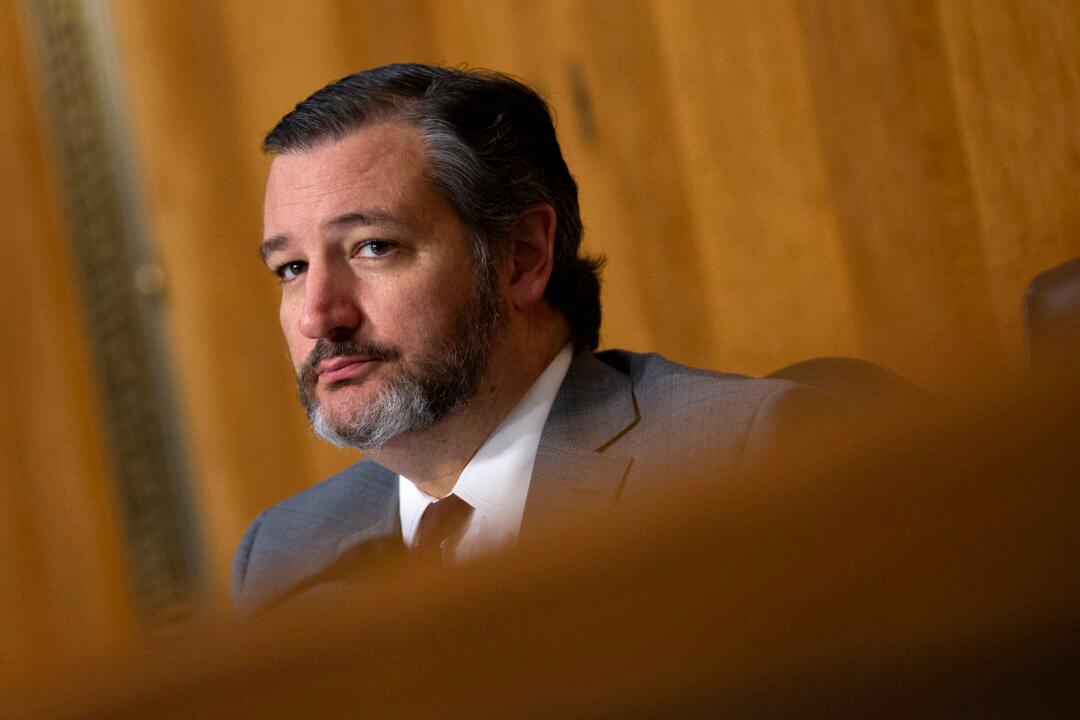Sen. Ted Cruz (R-Texas) expressed disappointment that the U.S. Supreme Court has chosen not to hear a case brought by Pennsylvania Republicans challenging the election results in the state.
“I’m disappointed the Court decided not to hear the case challenging the election results in PA,” Cruz said in a statement on Twitter. “This appeal filed raised important & serious legal issues, & I believe the Court had a responsibility to ensure our elections follow the law & the Constitution.”





